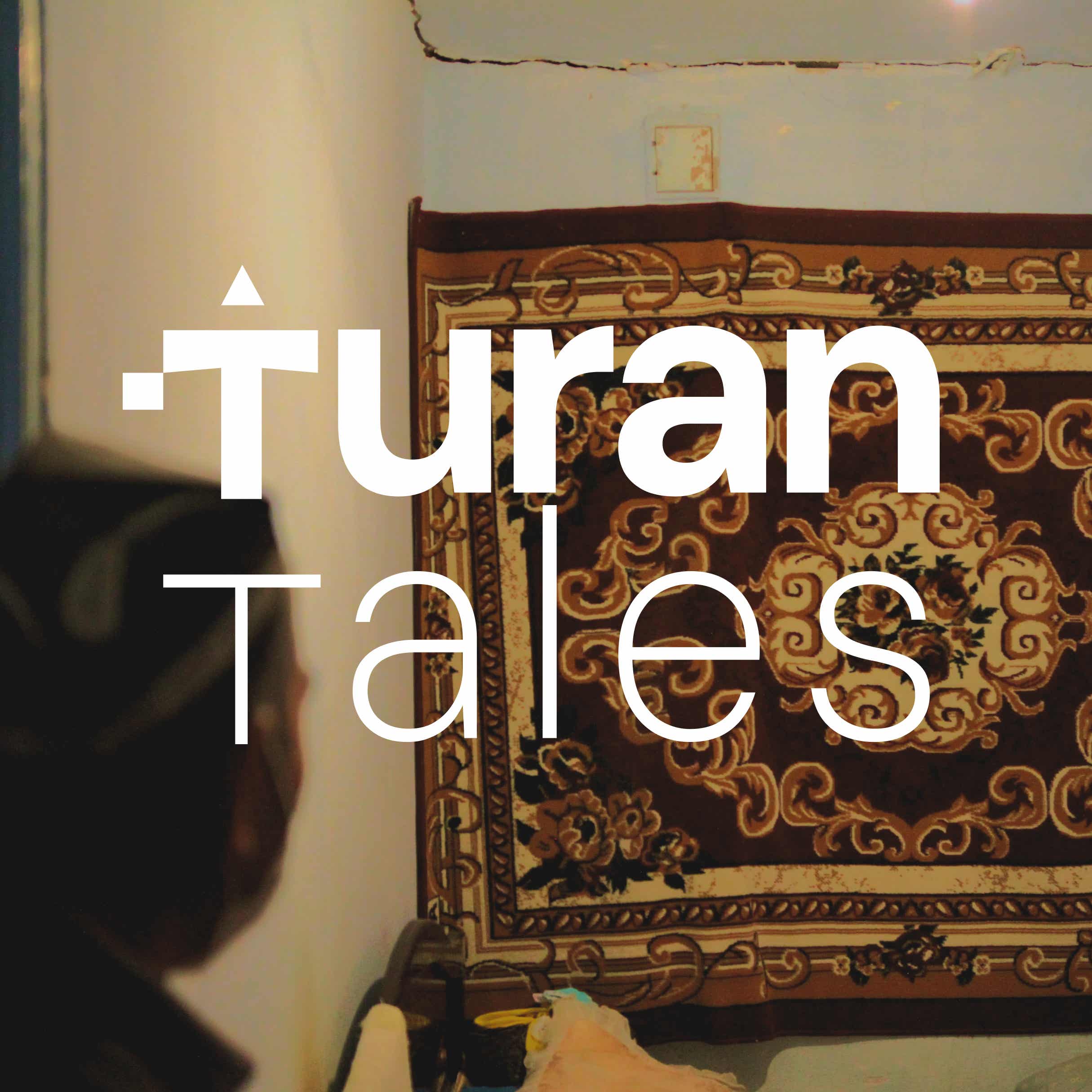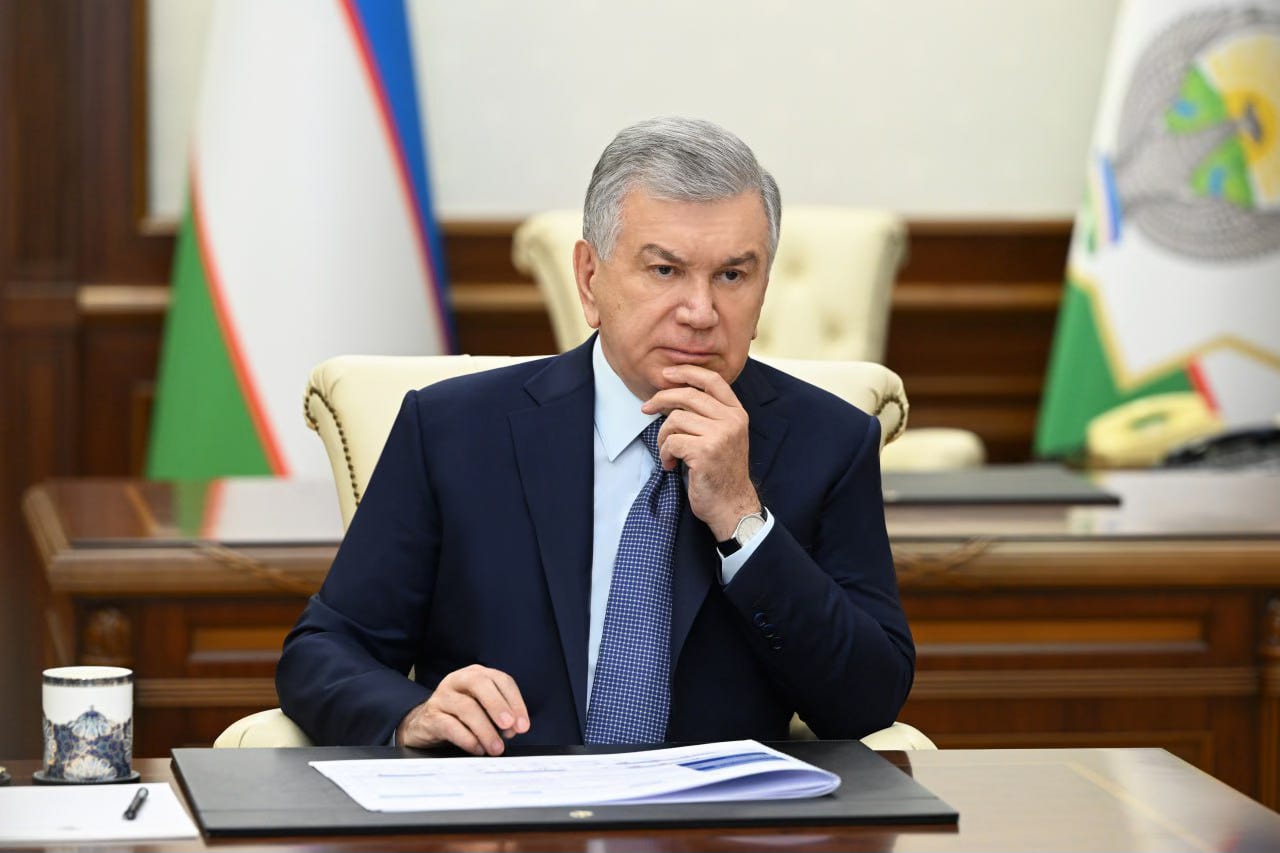Turan Tales

Turan Tales
Podcast Description
Turan Tales is a weekly podcast covering underreported stories of people, politics and social change in Central Asia by journalist and author Agnieszka Pikulicka-Wilczewska turantales.substack.com
Podcast Insights
Content Themes
The podcast focuses on underreported stories related to people, politics, and social change in Central Asia, featuring episodes that delve into topics like elite power struggles in Uzbekistan, the legacy of Soviet nuclear testing in Kazakhstan, and the challenges faced by journalists reporting in the region. Specific episodes examine the violent infighting among Uzbekistan's elites as well as the lasting health impacts of radiation exposure on local populations.

Turan Tales is a weekly podcast covering underreported stories of people, politics and social change in Central Asia by journalist and author Agnieszka Pikulicka
This week is about change – and the lack thereof. We will be looking at Uzbekistan: how the country was shaped during the post-Soviet period under the regime of Islam Karimov, and what has changed since Shavkat Mirziyoyev came to power. How different is the “New Uzbekistan” from the Karimov era?
Joining us is Joanna Lillis, a Kazakhstan-based journalist and the author of Silk Mirage: Through the Looking Glass in Uzbekistan, published last November.
Get full access to Turan Tales at turantales.substack.com/subscribe

Disclaimer
This podcast’s information is provided for general reference and was obtained from publicly accessible sources. The Podcast Collaborative neither produces nor verifies the content, accuracy, or suitability of this podcast. Views and opinions belong solely to the podcast creators and guests.
For a complete disclaimer, please see our Full Disclaimer on the archive page. The Podcast Collaborative bears no responsibility for the podcast’s themes, language, or overall content. Listener discretion is advised. Read our Terms of Use and Privacy Policy for more details.